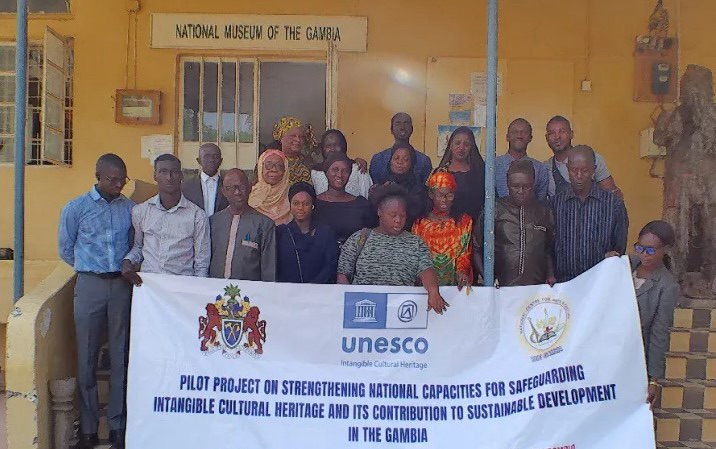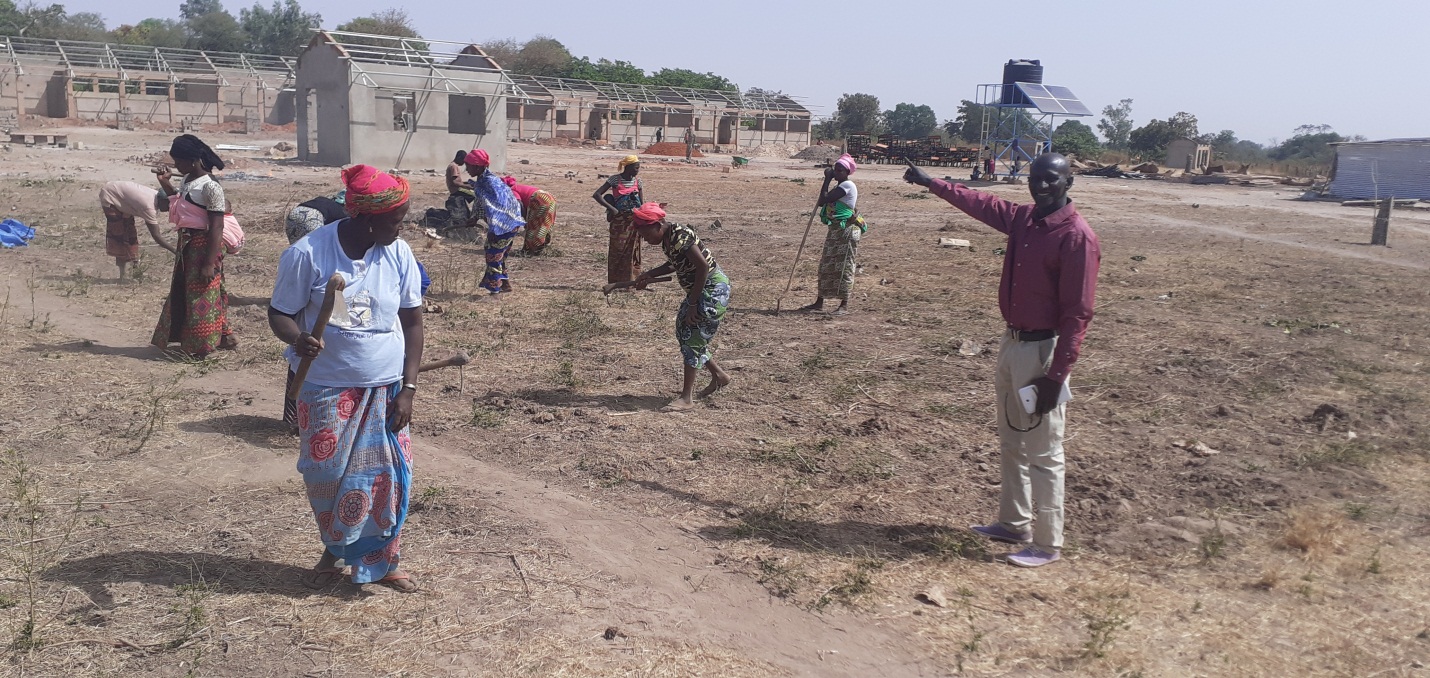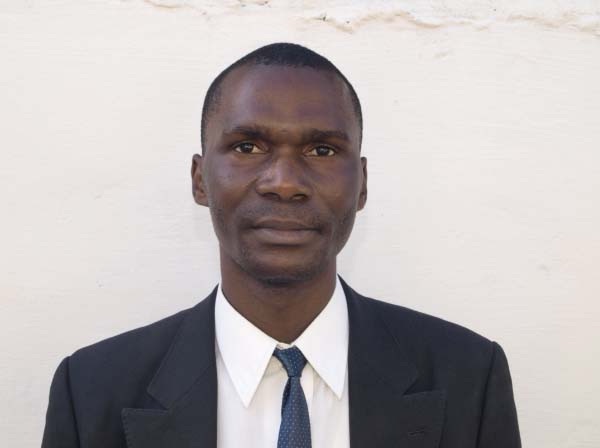Following the decision of the 42nd Session of the General Conference of the UNESCO 2003 Convention for Safeguarding Intangible Cultural Heritage in November 2023, which proclaimed 17th October as the International Day of the Intangible Cultural Heritage, The Gambia joined all State Parties and other stakeholders of the 2003 Convention in celebrating the International Day of the Intangible Cultural Heritage (ICH).
Over the years, the National Centre for Arts and Culture (NCAC) under the aegis of the Ministry of Tourism, Arts and Culture has carried out a series of activities geared towards implementing the 2003 Convention which was ratified in May 2011. In 2015, The NCAC was supported by UNESCO to conduct a Needs Assessment activity during which, relevant stakeholders addressed the importance of promoting local cultures and safeguarding of ICH. The exercise also pinpointed the need to raise awareness and support national institutions in a bid to reinforce their knowledge of the 2003 Convention and its implementation mechanism.
In 2021, the NCAC received support from UNESCO to conduct a study on the contribution of ICH to disaster risk reduction (DRR). The location of the study was in communities around the Baobolong Wetland Reserve Area in the North Bank Region and communities around the Kiang West National Park in the Lower River Region. The field findings revealed six ICH elements as crucial to DRR and their contribution to the attainment of SDGs in The Gambia were highlighted.
Between April 2022 to April 2024, the National Centre for Arts and Culture implemented a UNESCO-funded project entitled ‘‘Strengthening National Capacities for Safeguarding Intangible Cultural Heritage and its Contribution to Sustainable Development Goals in The Gambia’’. A series of activities such as capacity-building training workshops for government officials, ICH Focal persons, and journalists on the knowledge of the 2003 Convention and ICH safeguarding measures were carried out. There was also training on community-based inventorying on both theory and practice for ICH Support Facilitators and ICH inheritors and practitioners. 24 ICH elements were inventoried across the country during the course of the project.

In 2023, for the first time, the African region participated in a systemic collection of data on living heritage across the region. The NCAC represented Gambia at an in-person training workshop for ICH Focal Points hosted by Category 2 Centre CRESPIAF, from 25 to 29 April 2023, in Algiers (Algeria). The Gambia was supported by UNESCO to carry out its first ICH Periodic Reporting through technical support by an Expert from Malawi. In line with UNESCO’s Priority Africa, the Gambia prepared its national periodic report on the implementation of the 2003 Convention on a results-based approach, taking advantage of the opportunity to further raise awareness of a wide range of stakeholders about the relevance of living heritage for sustainable development.
Most recently on October 1st 2024, The Gambia was among four countries – Belize, Equatorial Guinea, Sao Tome and Principe and The Gambia whose projects were examined and supported by UNESCO for International Assistance of up to US$100,000, representing a total of US$400,000 granted by the Intangible Cultural Heritage Fund. The Gambia’s Project ‘Building Capacities on Intangible Cultural Heritage inventorying, safeguarding and awareness raising activities in The Gambia, aims to build the capacities of communities and practitioners as well as promote the safeguarding and transmission of the country’s Intangible Cultural Heritage.
However, Sanna B. Jarju, Head of the Department for Literature, Performing and Fine Arts and ICH National Focal Point at the National Centre for Arts and Culture said ”As part of activities marking this very important day, communities, duty bearers and inheritors of Intangible Cultural Heritage are all encouraged to join the celebration to showcase the diversity and richness of living heritage and to raise awareness of the importance of its safeguarding for the attainment of Sustainable Development Goals in The Gambia.”
In conclusion, as we mark this International Day of Intangible Cultural Heritage, “let us all pray for peace and remind ourselves about the unprecedented impact of the complex crises facing humanity from conflicts, displacement, and climate change to human rights violations and inequalities. Humanity is the custodian and repository of living heritage.”





